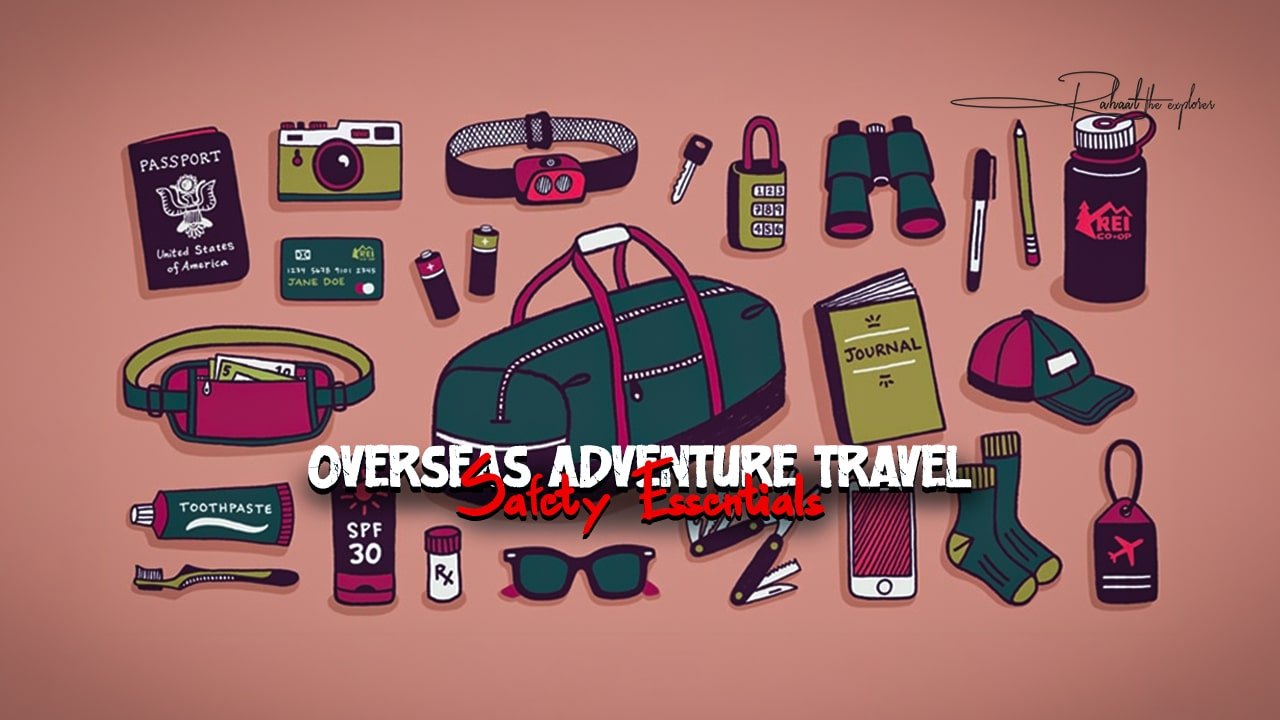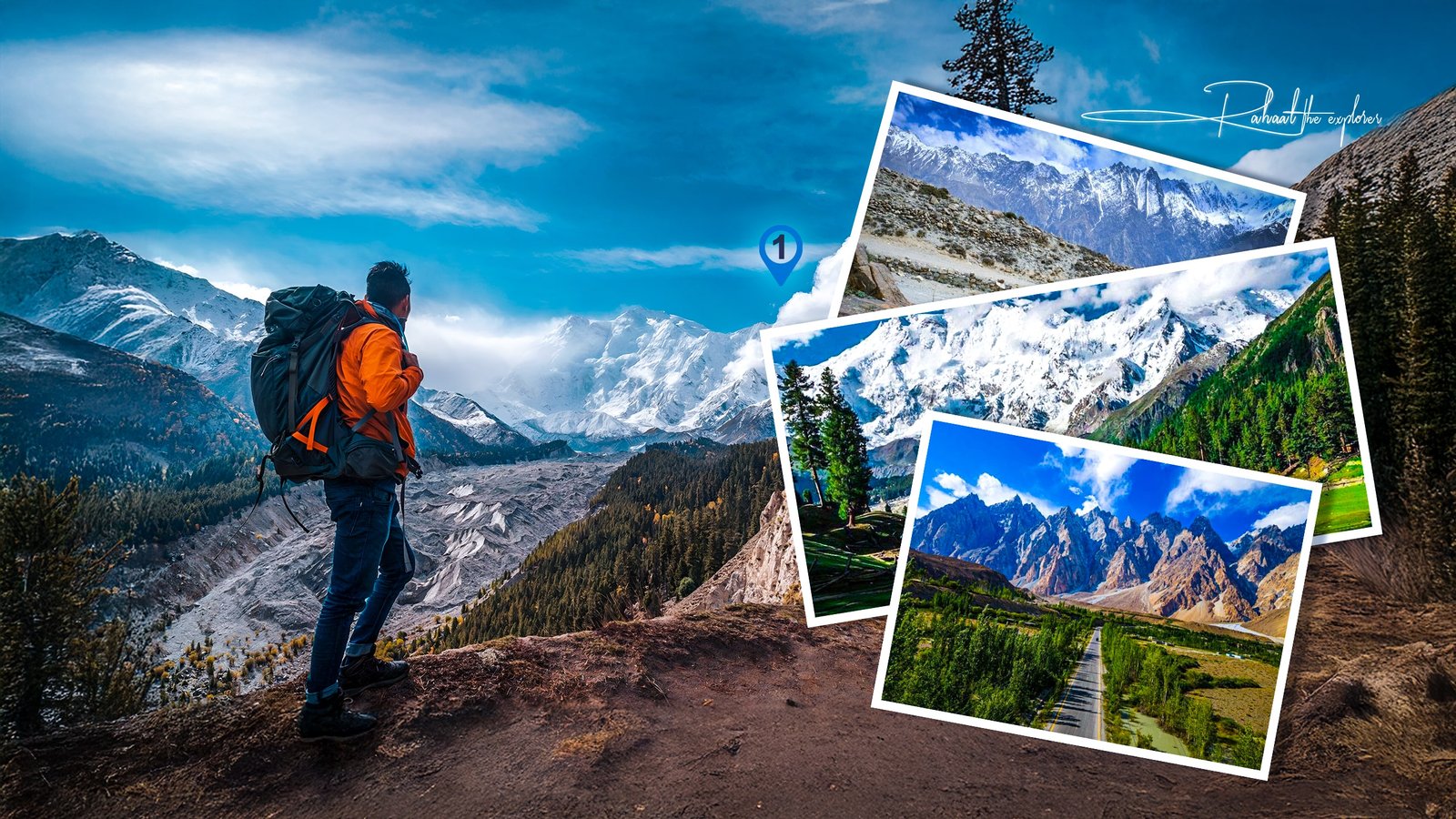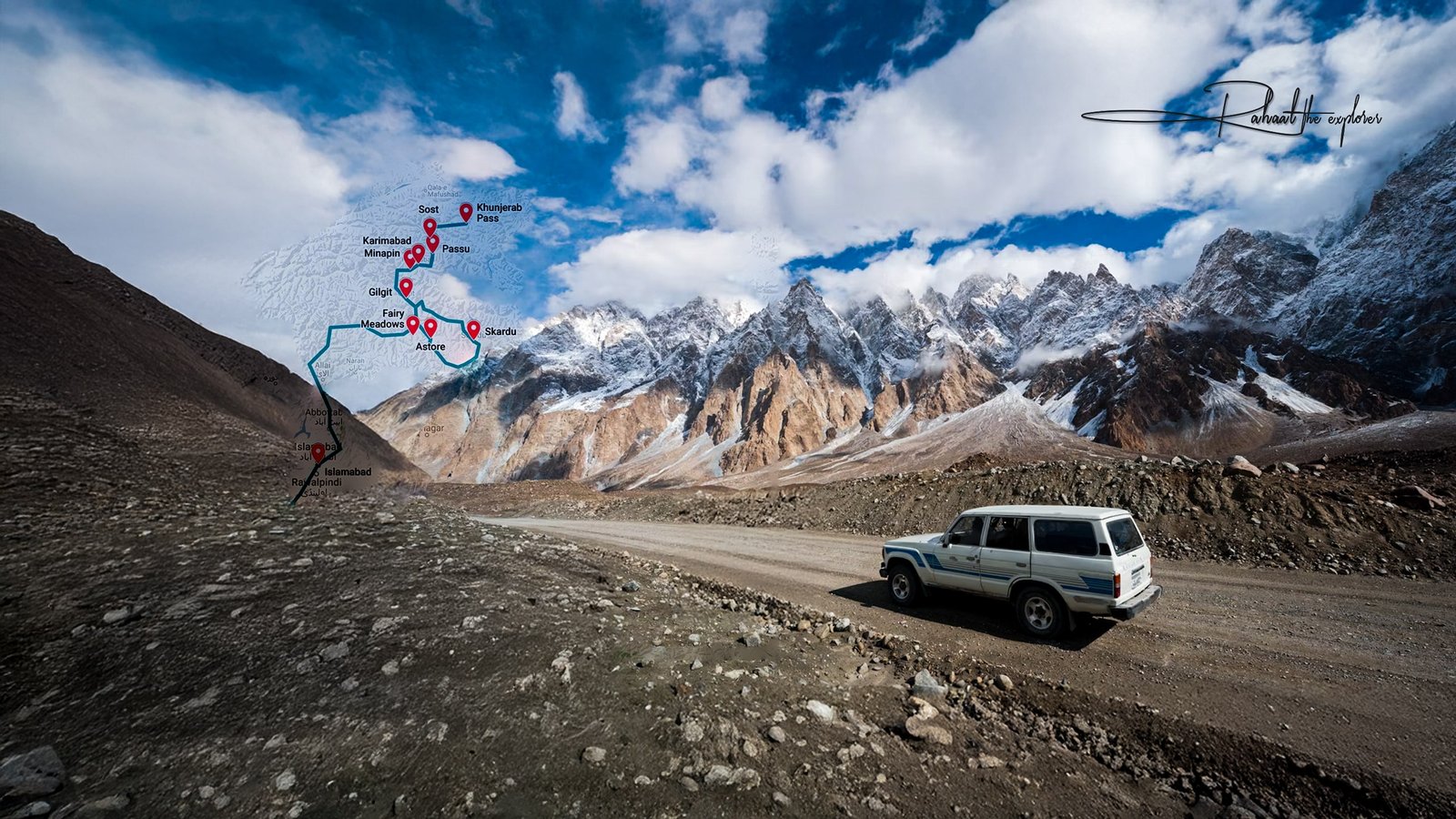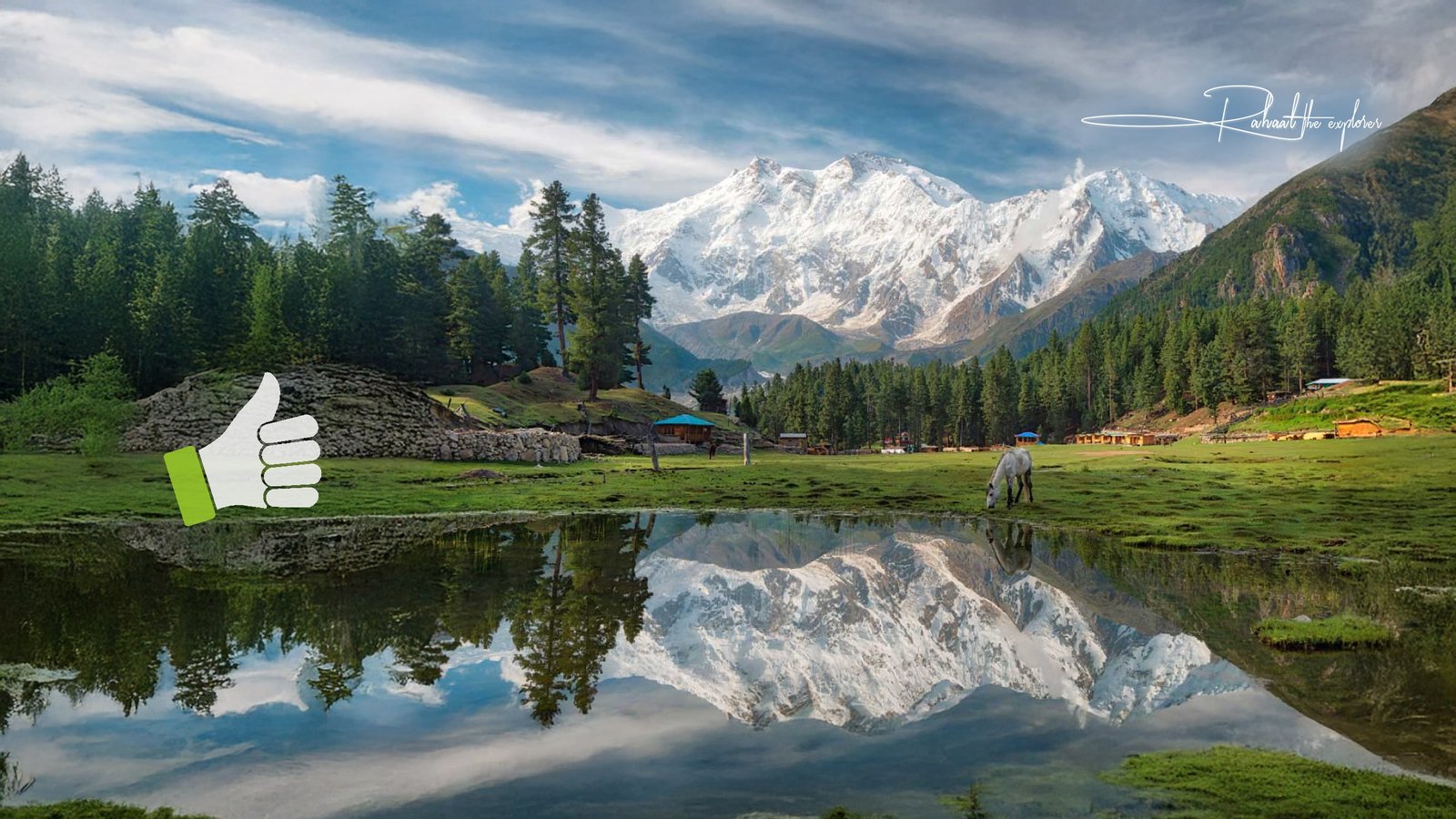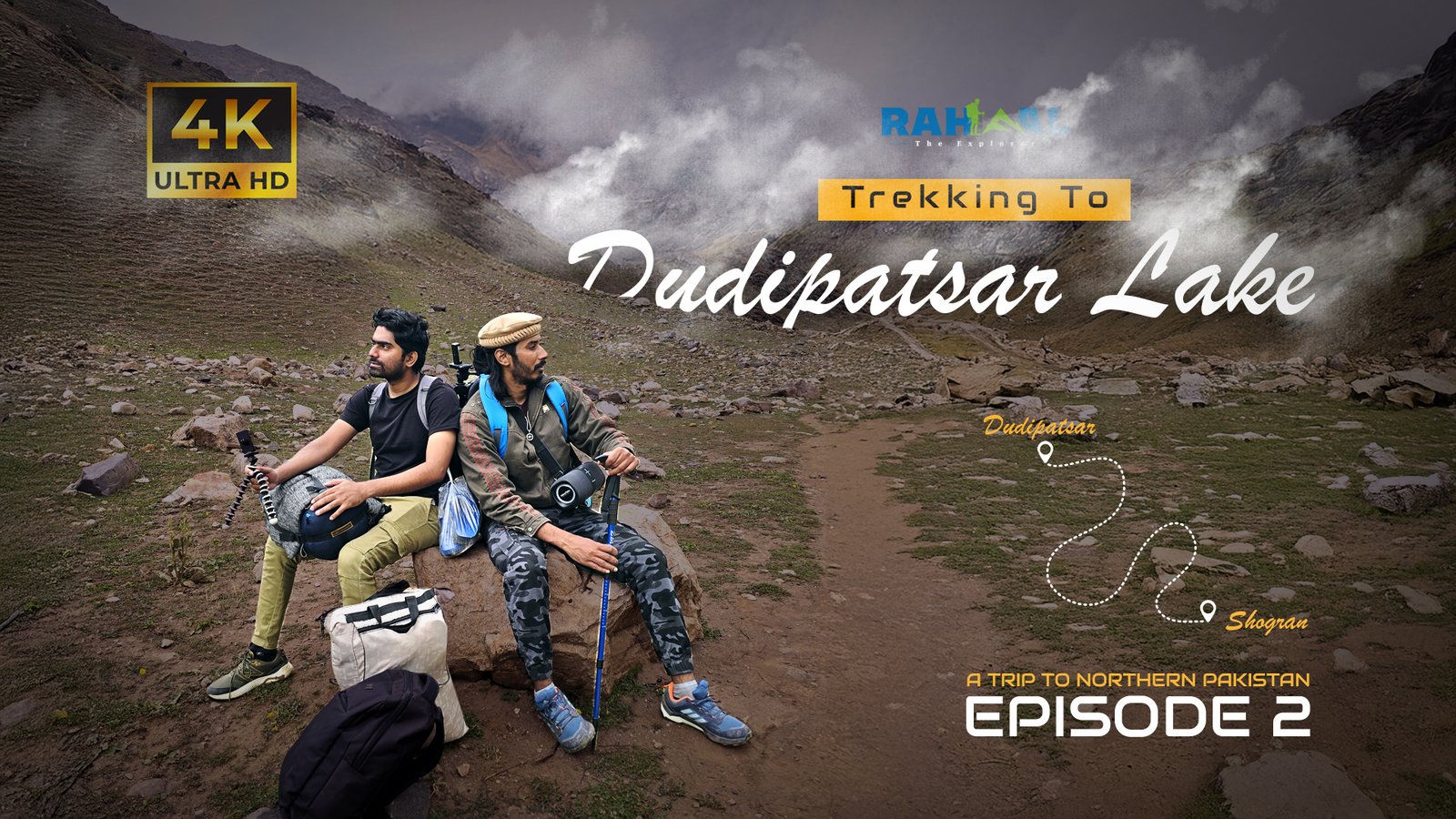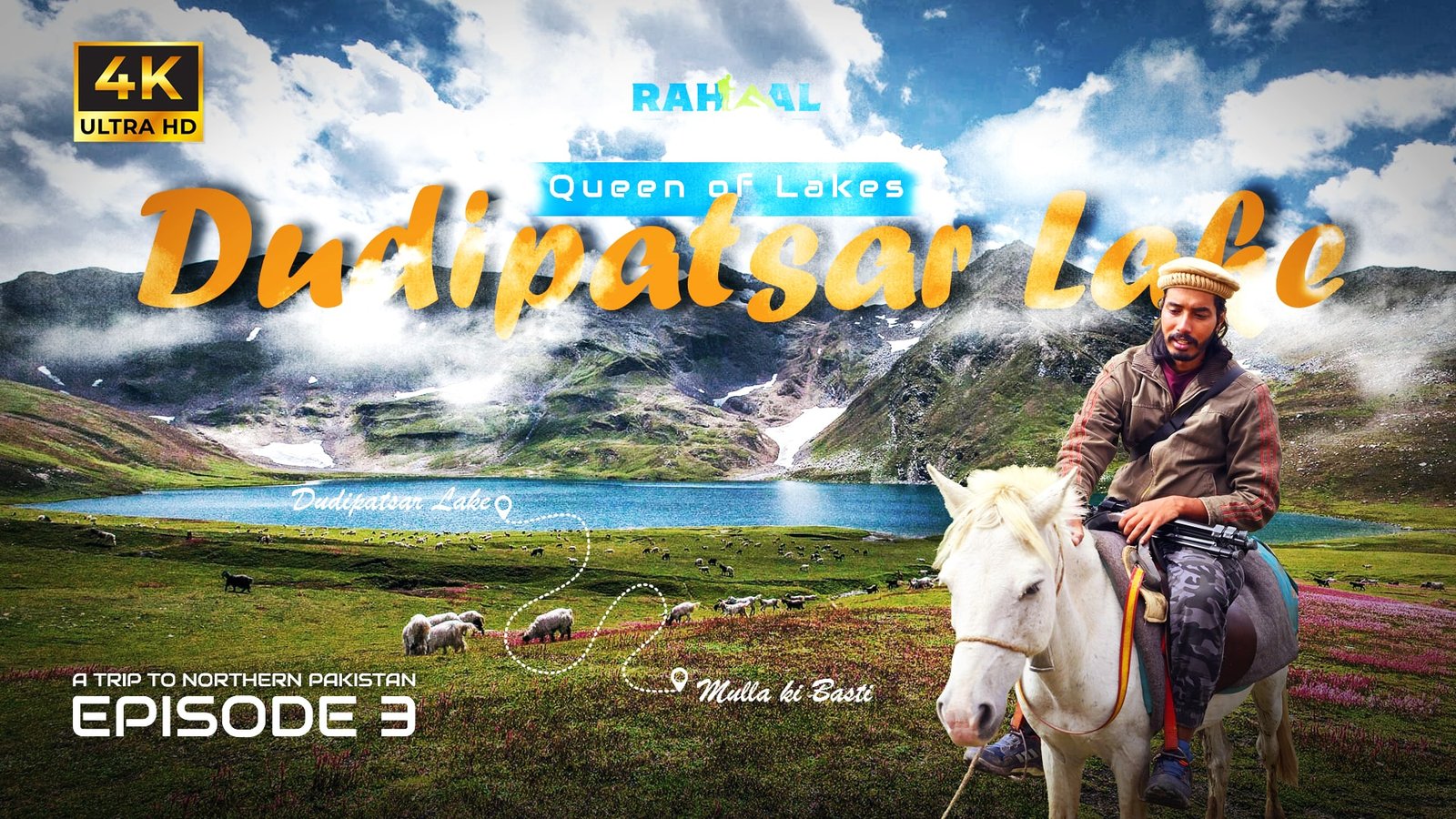Introduction
Embarking on overseas adventure travel is one of the most exciting ways to explore the world. From hiking mountain trails in Patagonia to exploring bustling markets in Asia or camping under African skies, adventure travel offers experiences far beyond ordinary sightseeing.
But adventure also comes with risks—unpredictable weather, cultural differences, health concerns, and safety challenges. Being well-prepared ensures that your trip is not only thrilling but also safe and stress-free. This guide covers safety essentials for overseas adventure travel, from preparation and packing to health tips and on-the-ground best practices.
Why Safety Matters in Overseas Adventure Travel
Adventure trips often take you off the beaten path—remote destinations, extreme sports, or unfamiliar environments. Safety matters because:
- Medical Access May Be Limited: Many adventure destinations are far from hospitals.
- Unpredictable Conditions: Weather, terrain, and wildlife can create risks.
- Different Cultures and Laws: What’s normal at home may not be abroad.
- Peace of Mind: Being prepared allows you to fully enjoy your journey.
Pre-Trip Planning: Setting the Foundation for Safety
The foundation of safe travel starts before you leave home.
1. Research Your Destination
- Learn about local laws, customs, and potential risks.
- Check travel advisories from your government’s official website.
- Read travel blogs and forums for first-hand experiences.
2. Arrange Travel Insurance
- Adventure activities often require specialized insurance coverage. Ensure your policy covers:
- Medical emergencies and evacuation.
- Adventure sports (like trekking, scuba diving, or skiing).
- Lost luggage or trip cancellations.
3. Health Precautions
- Visit a travel clinic for vaccinations or medications (e.g., malaria pills).
- Pack a personal first-aid kit.
- Research local water and food safety guidelines.
4. Documentation
- Carry copies of your passport, visa, and travel insurance.
- Save digital copies in secure cloud storage.
- Register with your embassy if available.
Packing Safety Essentials for Overseas Adventure Travel
Packing the right items can make a huge difference. Here’s a checklist for safe and enjoyable travel:
- First Aid Kit: Bandages, antiseptic wipes, pain relievers, rehydration salts.
- Travel Locks: Keep your luggage and backpack secure.
- Water Purification: Tablets or portable filters for safe drinking water.
- Headlamp or Flashlight: For dark trails or power outages.
- Portable Charger/Power Bank: Keep your phone accessible at all times.
- Weather-Appropriate Gear: Layers, waterproof clothing, sturdy footwear.
- Emergency Contact Card: Local embassy numbers, emergency services, and personal contacts.
Safety During Adventure Activities
Different activities come with unique risks. Here’s how to stay safe:
Hiking & Trekking
- Stick to marked trails.
- Hike with a group or guide.
- Carry extra water and a GPS device.
Scuba Diving & Water Sports
- Only use certified operators.
- Double-check safety equipment.
- Know your limits—avoid risky dives if you’re a beginner.
Safari & Wildlife Tours
- Listen to your guide’s instructions carefully.
- Never approach or feed wild animals.
- Stay inside vehicles during game drives.
Extreme Sports (Skiing, Bungee, Ziplining)
- Choose licensed operators.
- Wear protective gear.
- Follow all safety briefings without shortcuts.
Staying Safe in Cities and Villages
Adventure doesn’t always mean wilderness—many trips include cultural explorations.
- Stay Aware: Keep valuables hidden, especially in crowded markets.
- Avoid Risky Areas: Research safe neighborhoods and avoid poorly lit streets at night.
- Transport Safety: Use official taxis or ride-share apps instead of unmarked cars.
- Respect Local Customs: Understanding cultural etiquette avoids unwanted trouble.
Health & Wellness on the Road
Maintaining your health is as important as safety:
- Hydration: Drink plenty of safe water, especially in hot climates.
- Balanced Diet: Don’t only eat street food—mix with nutritious meals.
- Rest: Adequate sleep helps you stay alert during physically demanding activities.
- Hygiene: Carry hand sanitizer and wash hands often.
Communication and Emergency Preparedness
Always have a way to communicate in emergencies:
- Local SIM Card or eSIM: Ensures you stay connected.
- Offline Maps: Download before heading to remote areas.
- Emergency Apps: Apps like Red Cross First Aid or offline translation tools can be lifesavers.
- Know Local Numbers: Emergency services vary by country—don’t assume 911 works everywhere.
Money and Document Security
Financial safety is often overlooked:
- Split Money & Cards: Don’t keep all cash in one place.
- Use Money Belts or Neck Pouches: Safer than wallets in high-theft areas.
- Notify Banks: Let them know you’ll be abroad to avoid card blocks.
- Backup Documents: Digital copies save time if originals are lost.
Eco-Safety: Protecting Yourself and the Planet
Adventure travelers often visit fragile ecosystems. Stay safe while being eco-conscious:
- Leave No Trace: Dispose of waste properly.
- Respect Wildlife: Keep distance to avoid harm to both you and the animals.
- Choose Sustainable Operators: Support companies that prioritize conservation.
- Use Reef-Safe Sunscreen: Protects your skin and marine life.
Tips for Solo Overseas Adventure Travel
Solo adventurers face unique safety concerns. Here’s how to manage them:
- Share Itinerary: Tell family or friends your plans.
- Join Group Activities: Great way to meet people and stay safer.
- Trust Your Instincts: If something feels unsafe, walk away.
- Stay Visible: Avoid isolated areas after dark.
FAQs About Overseas Adventure Travel
Q1: What is overseas adventure travel?
It refers to international trips that focus on adventurous activities like trekking, diving, safaris, or cultural explorations.
Q2: Is overseas adventure travel safe?
Yes, with proper preparation and safety measures. Choosing reliable operators and carrying essentials significantly reduces risks.
Q3: Do I need special insurance for overseas adventure travel?
Yes. Regular travel insurance may not cover high-risk activities. Always check for adventure-specific policies.
Q4: What should I pack for overseas adventure travel?
Pack a first aid kit, water purifier, safety gear, travel locks, weather-appropriate clothing, and essential documents.
Q5: Can beginners try overseas adventure travel?
Absolutely! Many destinations offer beginner-friendly adventures. Always choose guided tours for safety.
Conclusion
Adventure is about stepping out of your comfort zone—but safety should never be an afterthought. With the right preparation, gear, and mindset, overseas adventure travel becomes a thrilling yet secure experience. From hiking remote trails to diving into exotic waters, these trips can change your life—as long as you prioritize health, awareness, and respect for local cultures and nature.
So, pack smart, stay safe, and let your next overseas adventure be not only unforgettable but also worry-free.


